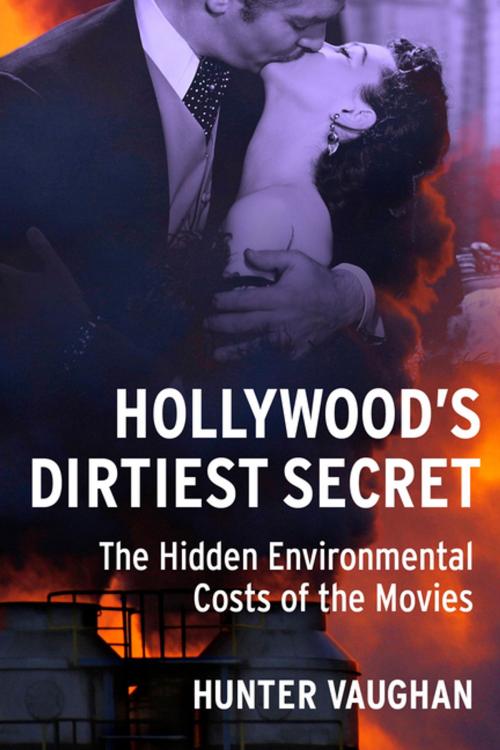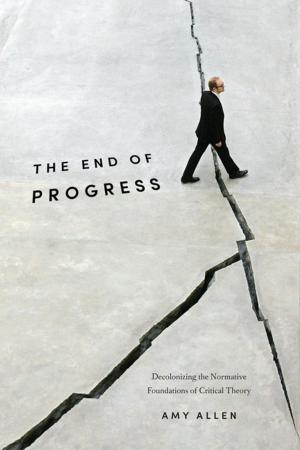Hollywood's Dirtiest Secret
The Hidden Environmental Costs of the Movies
Nonfiction, Entertainment, Film, Direction & Production, History & Criticism, Performing Arts| Author: | Hunter Vaughan | ISBN: | 9780231544153 |
| Publisher: | Columbia University Press | Publication: | March 12, 2019 |
| Imprint: | Columbia University Press | Language: | English |
| Author: | Hunter Vaughan |
| ISBN: | 9780231544153 |
| Publisher: | Columbia University Press |
| Publication: | March 12, 2019 |
| Imprint: | Columbia University Press |
| Language: | English |
In an era when many businesses have come under scrutiny for their environmental impact, the film industry has for the most part escaped criticism and regulation. Its practices are more diffuse; its final product, less tangible; and Hollywood has adopted public-relations strategies that portray it as environmentally conscious. In Hollywood’s Dirtiest Secret, Hunter Vaughan offers a new history of the movies from an environmental perspective, arguing that how we make and consume films has serious ecological consequences.
Bringing together environmental humanities, science communication, and social ethics, Hollywood’s Dirtiest Secret is a pathbreaking consideration of the film industry’s environmental impact that examines how our cultural prioritization of spectacle has distracted us from its material consequences and natural-resource use. Vaughan examines the environmental effects of filmmaking from Hollywood classics to the digital era, considering how popular screen media shapes and reflects our understanding of the natural world. He recounts the production histories of major blockbusters—Gone with the Wind, Singin’ in the Rain, Twister, and Avatar—situating them in the contexts of the development of the film industry, popular environmentalism, and the proliferation of digital technologies. Emphasizing the materiality of media, Vaughan interweaves details of the hidden environmental consequences of specific filmmaking practices, from water use to server farms, within a larger critical portrait of social perceptions and valuations of the natural world.
In an era when many businesses have come under scrutiny for their environmental impact, the film industry has for the most part escaped criticism and regulation. Its practices are more diffuse; its final product, less tangible; and Hollywood has adopted public-relations strategies that portray it as environmentally conscious. In Hollywood’s Dirtiest Secret, Hunter Vaughan offers a new history of the movies from an environmental perspective, arguing that how we make and consume films has serious ecological consequences.
Bringing together environmental humanities, science communication, and social ethics, Hollywood’s Dirtiest Secret is a pathbreaking consideration of the film industry’s environmental impact that examines how our cultural prioritization of spectacle has distracted us from its material consequences and natural-resource use. Vaughan examines the environmental effects of filmmaking from Hollywood classics to the digital era, considering how popular screen media shapes and reflects our understanding of the natural world. He recounts the production histories of major blockbusters—Gone with the Wind, Singin’ in the Rain, Twister, and Avatar—situating them in the contexts of the development of the film industry, popular environmentalism, and the proliferation of digital technologies. Emphasizing the materiality of media, Vaughan interweaves details of the hidden environmental consequences of specific filmmaking practices, from water use to server farms, within a larger critical portrait of social perceptions and valuations of the natural world.















